After-Hours Communication
Our culture is increasingly moving toward 24/7-access to everything and getting immediate responses from everyone. And medical care is no exception. As a result, doctors’ offices have specific policies on after-hours calls.
Go to the emergency room for serious symptoms.
For serious symptoms that could indicate a heart attack, stroke, or serious injury, call 911 or go to an emergency room. In true emergencies, minutes matter. It could mean the difference between saving heart muscle and losing it, or preserving brain function and losing it.
Wait until morning for non-clinical concerns.
Non-clinical issues, such as billing questions or referrals, should wait until morning. The same goes for routine healthcare requests, such as regular prescription refills. After hours, neither the doctor on call nor the answering service will be able to help you with these non-urgent matters.
Prepare for the call before you pick up the phone.
When you call after hours, be prepared to give your name, phone number, and a short description of your problem. Answering services will want this basic information to pass along to the doctor. In some cases, you may reach a triage nurse who will ask for more detailed information. If the doctor will be calling you, keep your phone handy.
Don’t assume the doctor knows your medical history.
Dr. Gorecki may not have access to your records during after hours. Even your own primary care doctor will need help recalling all of your medical history as they all see many patients. Be ready to answer and provide information to help your physician identify who you are and how to care for you.
Be ready to go in.
Despite Dr. Gorecki’s best efforts, it may not be possible—or safe—to solve your problem over the phone. Your surgeon may suggest you visit an urgent care center in your area. Or, Dr. Gorecki may also ask you to call the office in the morning to make an appointment. In the end, face-to-face may be the best way to care for you.
If you believe you have an urgent neurosurgical concern that Dr. Gorecki needs to know about after hours, please call 678-730-7796 and your call will be forwarded to the after-hours answering service. The answering service professionals understand the specific neurosurgical symptoms that must have immediate communication with Dr. Gorecki or the covering neurosurgeon.
The Answering service will not contact the physician for the following:
- Prescription Refills. These must be accomplished during office hours.
- Any non–urgent matters related to upcoming patient visits or billing questions or referrals.
The answering service will direct you to the emergency room for the following:
- Sudden chest pain or inability to breathe
- Sudden loss of consciousness
- Extreme pain post surgery requiring increased narcotics from previous post surgical prescriptions given to the patient.
- Extreme pain in legs or arms.
Any time the answering service directs patient to ER, Dr. Gorecki will be notified.
